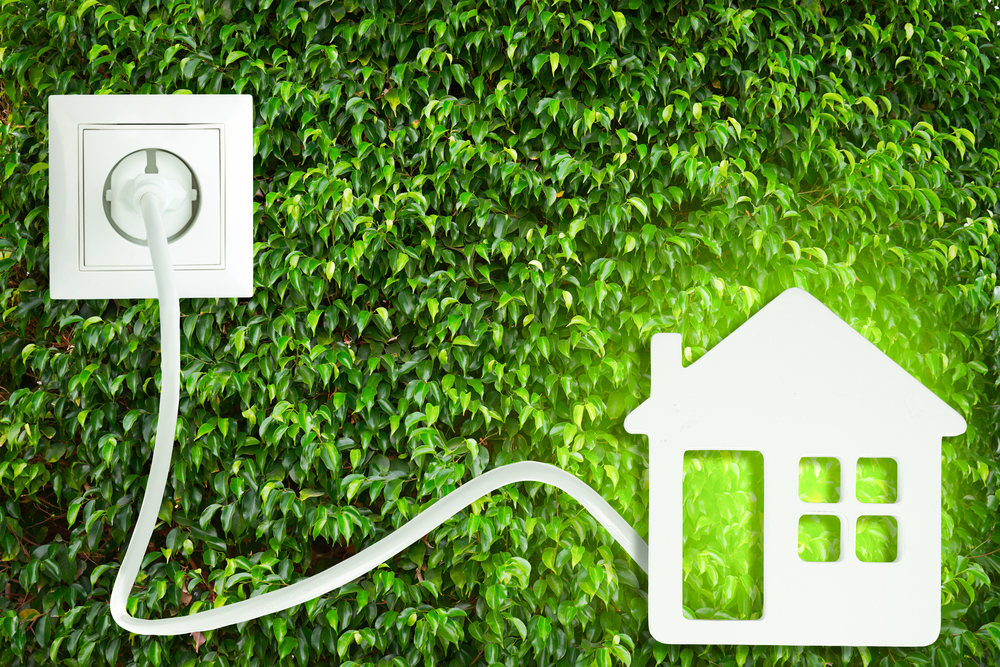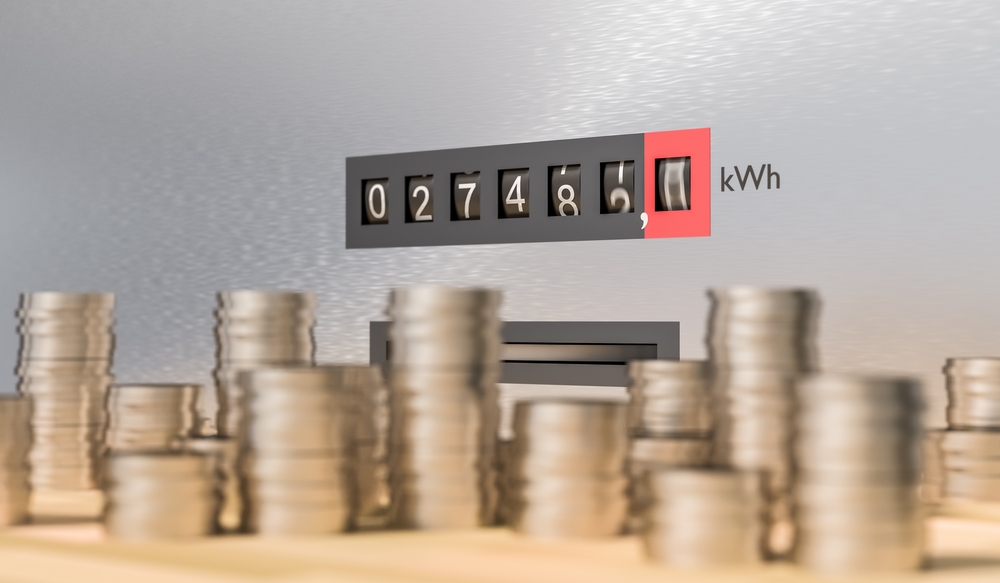Does Unplugging Things Save Energy?
Energy waste can come in many forms, but some drains cost more money monthly than others. You may be looking around your home and unplugging all those unnecessary gadgets, but how much money can you save by unplugging things?
According to the Natural Resources Defense Council, all those appliances and gadgets may be sucking more energy—and money—than you realize. So how much money do all these unused but plugged in devices waste?
According to the NRDC, the “always-on energy use by inactive devices translates to $19 billion a year — about $165 per U.S. household on average — and approximately 50 large (500-megawatt) power plants’ worth of electricity.”
While unplugging may save money, energy waste also comes in many other forms—all of which add up monetarily. To identify all these potential budget crashers, you’ll need to conduct a home energy audit.
Benefyd can help identify energy drains in every room. Just snap a photo of each area of the home (a home ‘selfie’), and the app will show you where you need to make changes. However, homeowners also can do their own audit. Make sure your home isn’t wasting energy and you’re not paying more money than you should on monthly electricity costs; you’ll need to go into every room of the home and analyze every area of energy use. Here’s a room-by-room checklist:
Bedrooms
- Check all outlets and power strips for unused devices/appliances
- Lightbulbs (make sure you’re using LED)
- Turn on the ceiling fan to maximize heating/cooling. You may need to adjust the direction.
Living Room/Rec Areas
- All outlets and power strips for unused devices
- Lightbulbs (use LED)
- Turn on the ceiling fan to circulate air flow
- Check the thermostat (set it to 78 degrees in hot months, and 68 degrees in cooler months)
Bathrooms
- Unplug unused devices (don’t leave the electric toothbrush plugged in if it’s charged)
- Look under the sink and check pipes for any leaks
- Swap in low-flow faucets (if it’s in your budget)
- Make sure all light bulbs are LED
The Kitchen
- Look under the sink to check pipes for leaks
- Swap all light bulbs for LED
- Unplug any unused devices and appliances
- Miscellaneous
- Insulate hot water heater pipes to keep heat from escaping
- Adjust the hot water heater to 120 degrees Fahrenheit
- Always wash full loads of dishes and clothes; partial loads waste energy!
- Take Control of Energy Drains with Smart Plugs & Powerstrips
Don’t have time to always check the outlets for energy drains? Take control of every device and appliance with smart plugs and powerstrips. These smart energy savers utilize the Internet of Things (and, typically, Alexa!) to ensure that homeowners always remain in control.
Pull up the smart plug app on your phone, and you can turn off the power to all the devices and appliances using these outlets from anywhere. This can save money…and energy. PC Mag noted that Belkin’s plug also can show you how much energy you use. These gadgets can take some of the guesswork out of monthly electricity costs.

To Plug or to Not Plug?
Most households are accustomed to keeping many appliances and gadgets plugged in 24/7. Unfortunately, this wastes electricity and runs up your energy bill. Some appliances or gadgets might need to remain plugged in—for convenience. Here’s what you can—and should—unplug during your audit to diminish some of these energy drains.
Keep it Plugged
- Washer/dryer
- Stove/oven
- Microwave
- Fridge (of course!)
- Your PC
- Lamps that are used regularly
- Alarm clocks
What to Unplug
- Televisions that aren’t regularly in use
- Phone/tablet chargers
- Any unused small appliance
- Laptops when not in use
- Any lamp/fixture that isn’t regularly in use
- Electric toothbrush (that’s fully charged)
You might find other random devices that you simply forgot were plugged into the wall or powerstrip. It isn’t uncommon to leave a printer or other unused device plugged in simply because all those cords just mingle together. When you conduct a home energy audit, you can get a better understanding of what devices/appliances you use and what is simply an energy waste.

Is Unplugging Going to Amount to Major Monthly Savings?
While unplugging all those unused items will save you money, you can save even more money by making other changes you discovered during your home energy audit. Leaky pipes waste water (and can cause damage), and insulating pipes helps to lock in heat so that your hot water heater doesn’t have to work overtime. Low-flow faucets also can keep water use down, resulting in more monthly savings.
Use Benefyd to help discover all the energy drains in your home, and conduct a more in-depth audit by visiting each room and checking all the outlets and power strips for electricity waste. Keeping gadgets and appliances wastes money and energy each month; by unplugging, not only will you save money, but you can lower your carbon footprint, too!


